In Bosnian, “sloboda” means “freedom.” The oldest coffee shop in Tuzla, Bosnia is named Sloboda. Soon after I arrived here, I learned that freedom is an important concept in Bosnia. And it’s remained important because the Bosnian people clearly understand how freedom, obedience, and respect intertwine.
The local residents consider disobedience to be a critical aspect of freedom. When the “pandemic” was raging, for a two-month period they were ordered to observe a curfew. Most disobeyed. Many were stopped by the police, who issued tickets that were never paid. Everyone knew the orders were unlawful and unenforceable, including the police themselves. It was obvious to anyone thinking critically that staying indoors was not only an imposition, but actually harmful. Spending time with one another, supporting local businesses, and getting exercise is necessary for individual, group, and economic health. They used their critical thinking skills and quickly reached the obvious conclusion that disobeying the order made sense.
I haven’t seen a single mask in Tuzla. All I see are exposed, smiling faces. I see people fully engaged with one another—on the street, in the coffee shops, at the stores. Rarely do I see anyone immersed in their cell phone while walking down the street or sitting at a restaurant. The social connections here are strong and utterly impervious to ginned up fear. There is no “new normal” here. There is only normal.
Although disobedience is endemic, everyone in Tuzla is respectful. The people seem to understand the distinction between disobedience and respect. Respect is earned, and it’s based on an agreement among the people who hold shared values. Obedience is commanded, it lacks critical thinking, and it reeks of subservience. Respect is necessary for a functioning society, while obedience only leads to a loss of freedom. With good reason, Bosnians hold a healthy skepticism of government, relying on what they see as the reality around them to base their day-to-day decision-making on, rather than decrees coming from above. This inherent distrust of politicians and the rules they impose has allowed the Bosnian people to largely go on with their lives for the past three years, something Americans still appear to be entirely unable to do.
I am often asked, “What is it that distinguishes those who have fallen prey to the fear pandemic and mass delusional psychosis from those who haven’t?” Having immersed myself in a population that is not infected by fear or delusional thinking, I believe the answer is the cultural presence of non-compliance and disobedience. It is the clear understanding of the meaning of true freedom. When someone knows that freedom does not derive from everyone blindly obeying authority, then respect for authority justly earned can be embraced without trotting down the path to subservience. Disobedience does not mean anarchy. In fact, disobedience often reveals a greater accountability than does compliance, because it requires one to think and accept the consequences of one’s actions (when done thoughtfully). Accountability and disobedience go hand-in-hand.
Americans eschew accountability. Most live in a decadent, narcissistic bubble, walled off from others—especially those who think differently—and reinforce their existing views and beliefs with a steady stream of homogenous “news” streams erupting from their cell phones. They cannot think critically, so they cannot thoughtfully disobey, even when the orders given to them are not grounded in reality or good will, and certainly do not serve their interests. Americans live unaccountable and compliant lives. They obey, yet they are not respectful—not of the exercise of freedom nor the choices others make. They have forgotten the true meaning of freedom, a concept that demands both critical thinking and accountability.
I am both saddened and inspired by what I see here in Tuzla—inspired by the tenacity of freedom and its ubiquitous expression here yet saddened by the reminder of its disappearance in my own country. Only one generation ago this region of the world went through a horrific period of war, filled with death, atrocities, and material losses. Government did not protect the people. Perhaps that is one reason why Bosnians look to one another for protection, and why they have no desire to sacrifice their freedom for a government-generated “threat” that they see no evidence of in the reality they live.
Bosnians have a lesson to teach us—freedom is lost when a population has abandoned its critical thinking skills, its will to disobey unjust orders, and its respect for accountability. I wish we were better students.
Mark McDonald, M.D.
Psychiatrist and author of United States of Fear: How America Fell Victim to a Mass Delusional Psychosis

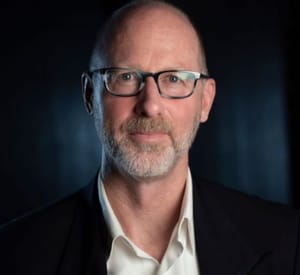
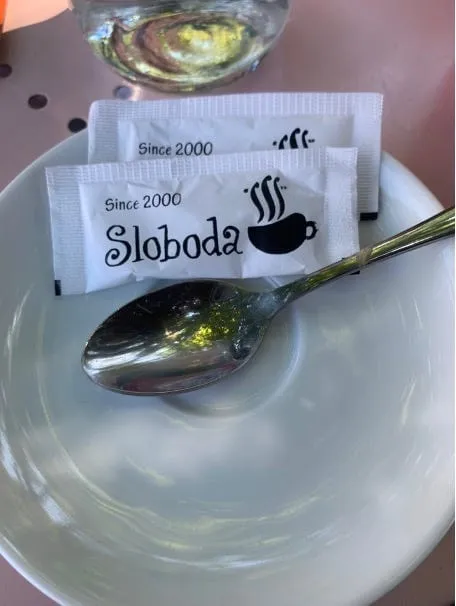
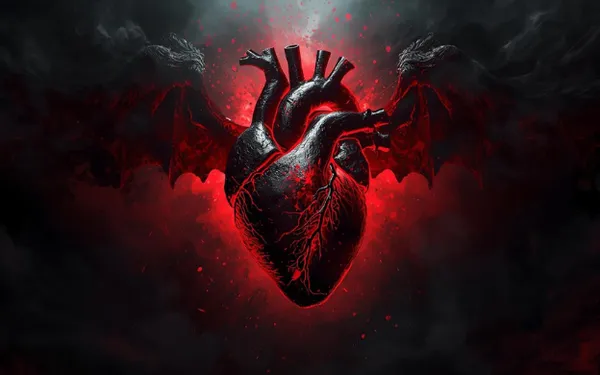
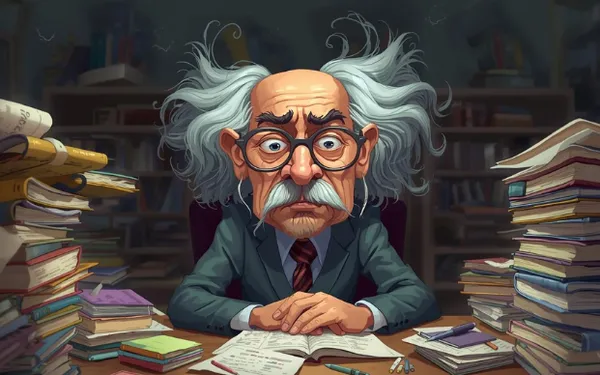
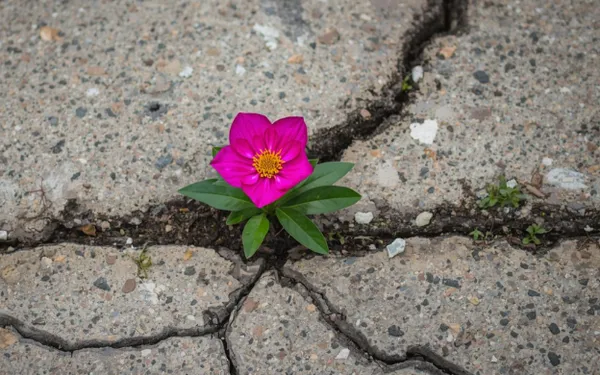
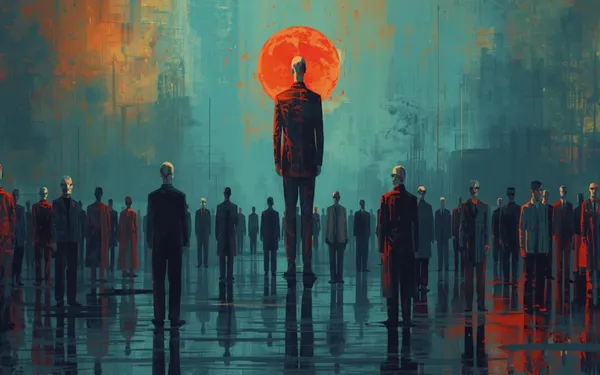
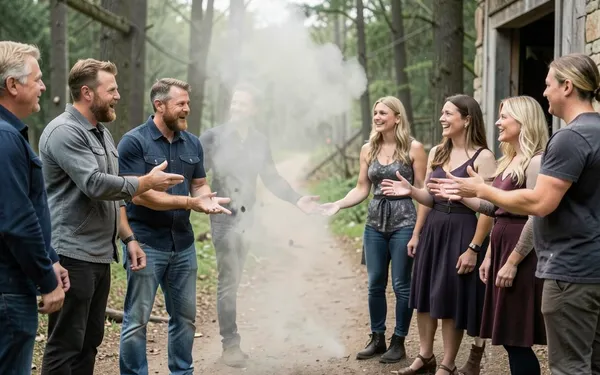
Member discussion